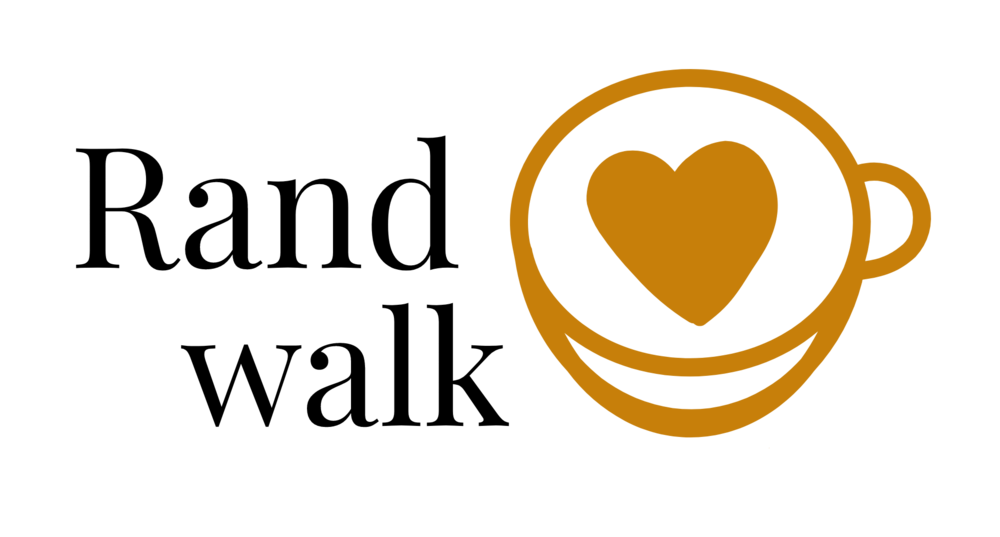Of all the misfortunes that befall our world, the most unsettling is the attack in Paris last week. It was not the most gruesome or most radical. Its hit count is insignificant compared to other tragedies. What is different in the Paris attacks is that Paris was a clear and direct attempt to squelch the liberal values the progressive world hold dear. That it happened in the birthplace of liberalism, in a city where many more people have died for similar reasons, aggravates the insult.
That the murderers were in the wrong is accepted universally. That the victims were right is less clear. Many discussions of Charlie Hebdo discuss the gray zone of freedom of speech. You cannot freely exhibit anti-Semitism so should not the same apply to Charlie’s cartoons of Islam. Free speech is a difficult topic to wrestle with; and not the right question to ask. The answer is much clearer – that Charlie Hebdo was not only in the right, but espoused all the values that create the liberal world we live in. The Charlie Hebdo cartoons are a criticism of religions, notably Islam. Criticism is not hate; indeed it is often the prerequisite of improvement. To criticize the misogynistic aspects of Islam is not to say anything of its followers as criticizing U.S. foreign policy is not to imply Americans are bad people. Sometimes, especially in graphic representation, figureheads like Obama or the Prophet are used to represent an institution. But when Obama reads the Economist, he knows that he is not personally being made fun of by the Kal the cartoonist.
Criticism through humour is an integral part of the Western intellectual collective. And contrary to Pope Francis’s wisdom, nothing can be exempt from receiving criticism. Criticism is the democratic way by which citizens hold their friends, family, politicians, companies, governments, and yes, institutions, religious or otherwise, accountable. The method of criticism preferred by Charlie Hebdo is a crass and perhaps objectionable form, but nevertheless an integral part of French (and Western) culture. It is called satire, and the art form has existed at least since the playwrights of Ancient Greece.
It is through forms of criticism like satire that the French first led the world to liberal and democratic values. Pamphlets of similarly crass and indignant portraits of royalty were distributed in the wake of the French Revolution. It was a criticism of the Bourbons. Many probably died for their depictions. Much of the world owes its current liberal and democratic state to the same antics that were violently suppressed last week. There are two points that bother me the most. First, that such a righteous and ideological country, that in history and present, has been on the “right” side of most wars, that has produced the most cunning writers and philosophers, where the populous is so thoughtful that they turn melancholy, was so unfairly targeted by evil. It is unfair. Second, that there seems to be a question of whether Charlie Hebdo was “asking for it”. It is painful to make other people unhappy, but it must be done. Hopefully, you will agree that Charlie Hebdo is nothing short of a martyr.
There are and should be limits to free speech when they inspire hatred or violence. But free speech should not be limited just because it makes someone feel bad. There has been a recent uproar on a comedian who was arrested for being censored when he allegedly supported one of the murderers. That is not satire; it is bad taste. To support a murderer is clearly hatred to those who died; to publish Mohammed saying “100 lashes if you don't die of laughter!” is criticizing the brutalities of Sharia law. And that is an important difference.
